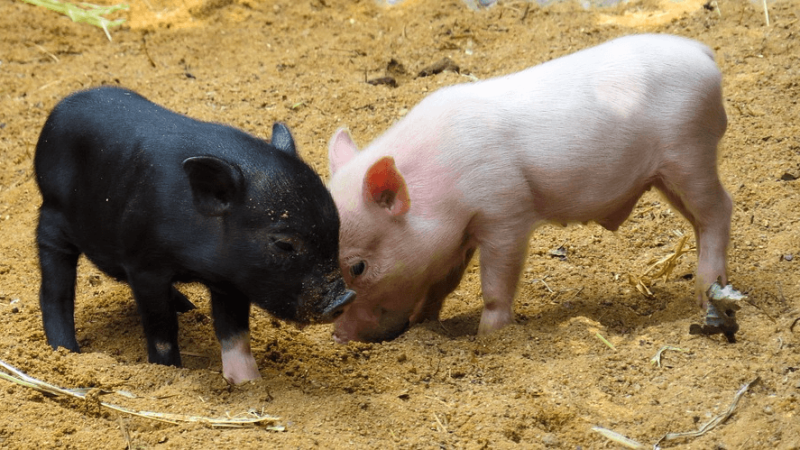Modern transplant technology is already pretty miraculous. Doctors can transfer anything from faces to hands to genitals between patients, keep lungs breathing in transportation pods and allow preemies to finish developing in external wombs.
Our ability to treat the human body like a fleshy Mr. Potato Head only works if all the bits and pieces being swapped are human in origin.
…
However, recent advancements in genetic engineering — including CRISPR technology and the rise of more potent immunosuppressant drugs — have revitalized the field and could help eliminate…technical roadblocks [to xenotransplantation – the practice of moving organs from one species into another]. With the aid of CRISPR technology, scientists can deactivate potential genome-hopping viruses … as well as drastically reduce the host’s immune response.
…
The threat of novel viruses aside, the biggest hurdle to overcome in xenotransplantation remains convincing the human body not to reject its donor organs.
…
There are, however, a couple genetic-engineering techniques that can help sidestep that issue. [For example, the lab of David K.C. Cooper, co-director of the Xenotransplantation Program at the University of Alabama at Birmingham] will receive its first “triple-knockout pig” in the second week of August [2018]. As the name implies, these pigs have had three genes that control the expression of surface antigens forcibly silenced, which should reduce the chances of rejection as well as the need for so many immunosuppressive drugs.
Read full, original post: Tomorrow’s transplant organs could come from human-pig hybrids.































